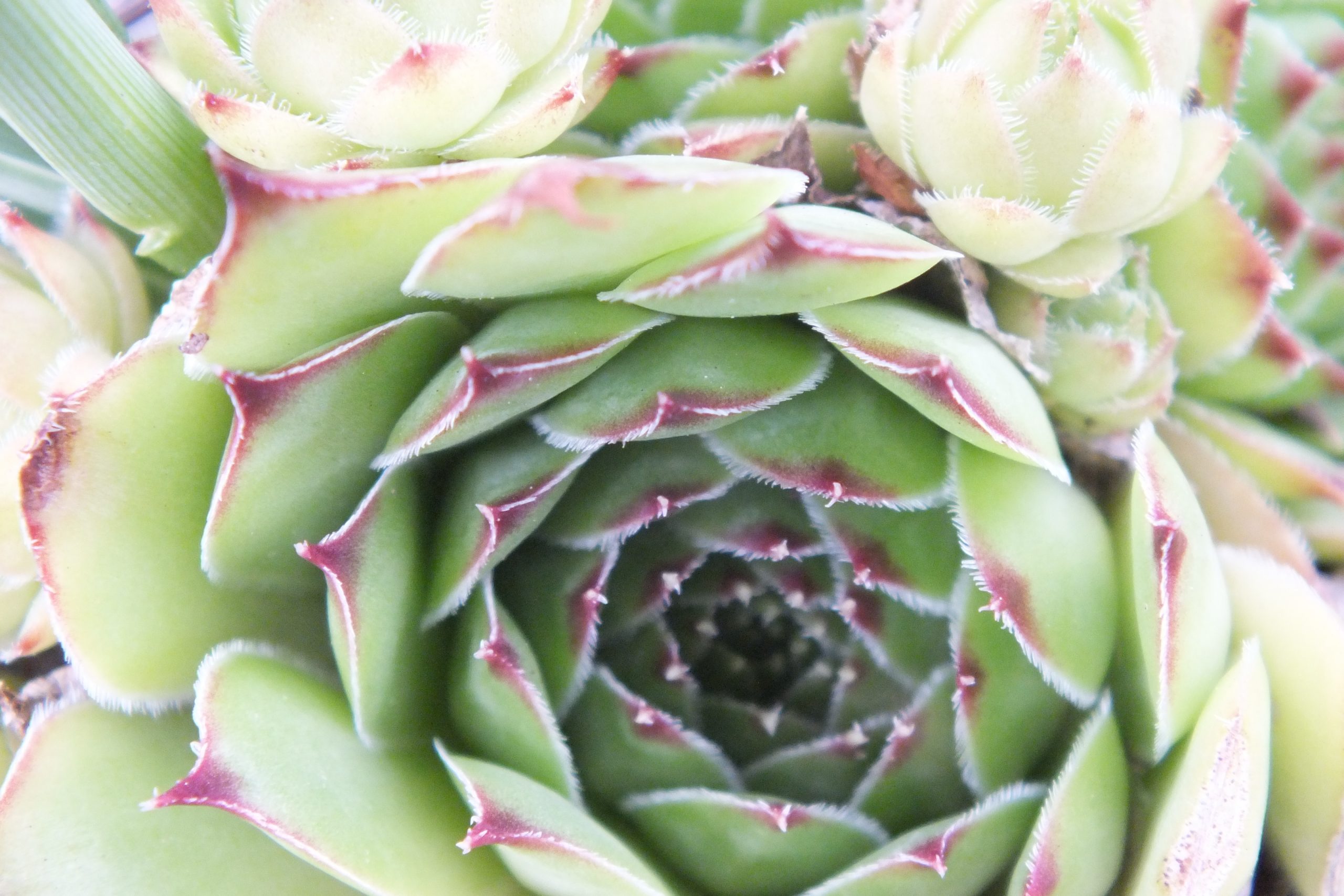
Why is it so important to open the farm gates to the community? Vegetable grower Vincent explains how he and his colleagues want their market garden, to be a site of coming together as well as a site of production. Vincent also opens up about the challenges of labour – for him as an unlikely ‘boss’, and for the workers who must be incredibly motivated to overcome the tough working conditions. Part 2 of a conversation with Valérie Geslin.
“You can’t keep to yourself in farming”
When we first got here, we got in touch with the CUMA [machinery cooperative]. It’s a great way to integrate: 42 members share equipment and meet every week. You think of each other’s needs. There is a real desire to support and help each other. We all pretty much have the same approach as small farmers: produce and sell locally.
We can have [outside] commitments because there are 5 of us working on the farm and it makes sense to not use the CUMA as a service. It’s not a service or an agricultural business you’re going to hire. The CUMA works only if there is commitment and participation of the members. The CUMA means we don’t have to make big investments, and we can keep to our rationale of controlling costs, and not be bogged down in repaying bank loans.
Initially we were in discussion groups for the département, but we don’t really have the time. Our commitments are much more local. The CIVAM (Centres for Initiatives to Value Agriculture and Rural Areas) are important organisations that make the link between small farmers and the outside world with a very open approach. They integrate social issues and are not limited to small farmer issues. We share commitments between farmers in the sector. Because we’re all invested in different organsiations and associations, we manage to build bridges: we each invest in what’s most important to us, and share our information with the group.
Waged workers
Initially we really didn’t want to hire people. We wanted to escape from waged work, it was one of our main motivations, and I find myself in the role of boss, which is what I ran away from. I personify that now, and it’s a problem for me. We didn’t design the system like that. It happened gradually, according to the wishes of each of us. Initially, this relationship of boss / employees did not exist because they were friends. But, those friends have all started their own farms and we ended up with a setup where there are five of us, including three employees.
To get the job, you don’t need skill, you need drive. The job is so tough physically, badly paid and requires a lot of dedication, so motivation is the only way. This job is only bearable if, at human level, all is well. You might do 50-hour weeks and be paid between €1200 and €1400. Because we’re so interdependent, there’s no reason for some people to be paid more than others; we’re all paid the same rate. You work in the rain, in the cold, in the heat, you carry loads all day and have to master the whole chain to understand how it works. It is demanding.
It takes trust, communication, and exchange. It can be a source of conflict, and a bad experience. If we had the CAP supports of livestock farmers, we would have €10,000 per person, divided over 12 months. We could pay these supports to the employees, reduce the working time linked to effort, it would make it sustainable. We wonder about pushing people to exhaustion, physical fatigue and demoralisation. We often have interns because it’s important to us to pass things on. Many have plans to start farming alone; we do everything we can to dissuade them. People last about ten years and often they’re stopped by physical problems.
The GAEC (cooperative farm) setup interests us because you have the same level of commitment, the same investment in the farm. It’s much simpler than with employees. Employees have made the choice not to start their own farms, so they don’t have to take on the mental burden, but they do need to be aware of the issues. Working with associates resolves this problem.
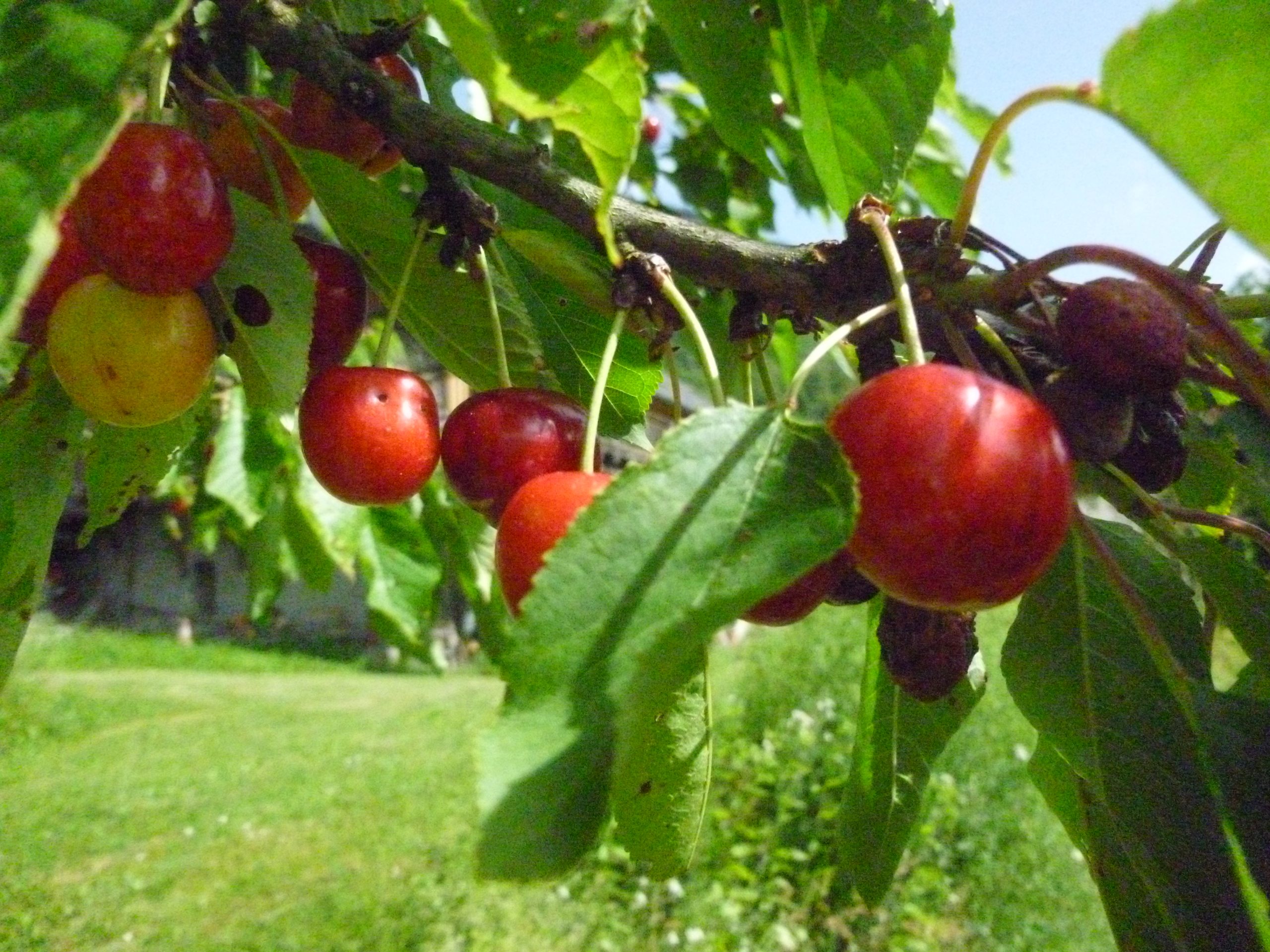
Opening the farm gates
We want our sites of production to be also sites of coming together, of culture. We set up an association for cultural events in agricultural spaces. We have buildings, fields, which can be used to host that kind of event. Since 2011, we’ve been touring around farms and trying to raise awareness. At each event, we put up explanatory panels on site. We really want these to be ports of call, places to welcome people as well.
In this region, we also have a huge housing problem. The price of property is skyrocketing and we have low-income jobs. We end up with people forced to live 30 km from here. They have travel costs and it takes time. These people live alone and can’t afford rent. There are more and more people living in precarious conditions. It drives me crazy. I’m glad we’ve been able to create a campsite as a micro-response. We’re thinking at our level.
Direct sales to keep prices down
We have nine sales channels – three AMAPs (CSAs), three markets within a 6 km radius, two restaurants and an organic coop. This is a conscious choice to secure our system. Diversity of sales channels is the only way: if one channel isn’t working, we don’t question the entire system.
But the price we pay is a lot of harvesting time which wears out the employees because harvesting is hard. We notice that the balance between sales time and working time in the field is not at all proportionate. We take responsibility for the choices we make, but the employees are stuck with them. That’s why we’re thinking of redesigning our system and rearranging our priorities.
We used to think everything was easy and worked well. The economic side of things is secured but it comes at a high price. Our entire local network is asking questions. We can discuss other models: we are all in diversified market gardening, but extremely different in our economic and philosophical approaches. When you have a problem, you know someone has found a solution, there are good examples. Our network is a strength and a state of mind. It’s a good thing.
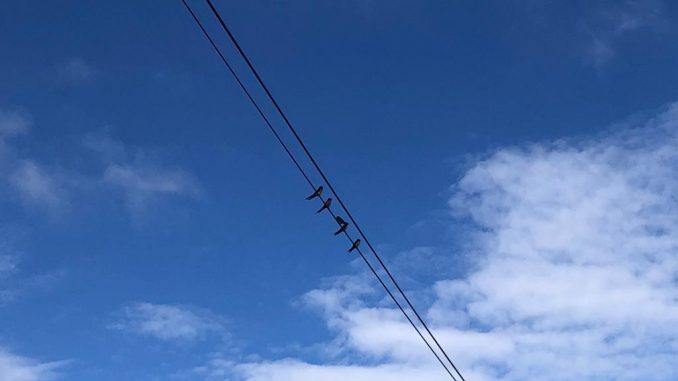
Community supported agriculture means a lot
We have three AMAP (CSAs), so 150 boxes (from €11 to €24) per week. You have to supply five or six different vegetables in the box. It’s really hard. You can’t go wrong anywhere because you can’t go elsewhere for vegetables for the box, everything has to come from the producer.
The members of the AMAP get involved to the extent that we get involved. You have to play the game and put yourself in the shoes of the people getting the box. The quality of the relationships depends on the producer being present systematically at every pick-up. You can’t expect people to get involved if on the other side, the producer is not there.
The advantage of the AMAP is the cash advance.
In the end, it’s all relative because it’s only for one year!
People need to be educated to get involved: that they are supporting small systems that are not mechanised, that are not economically fragile. There’s nothing quaint about coming to help out on the farm.
We’re in a diversified system: we can’t invest in a machine for carrots, another for potatoes, so you have to use labour. Harvesting potatoes is 120 hours of work. We spend three weeks digging potatoes with our team and during this time, we don’t harvest [anything else] so no boxes, no markets, and we haven’t planted. You have to explain the limitations, what the work is, bring that reality home to people.
Some producers treat AMAPs as a new sales channel without taking care of the customers, or take the good-looking vegetables to the market, because the market is visual and you give the ugly stuff to the AMAP. AMAP is a great tool but there are too many producers who don’t play the game.
What I like is to give it meaning: I’m thinking about people I’ve known for a long time and when I harvest, I know who I’ll be bringing the vegetables to. I want them to enjoy them.
For the future, we plan to reduce our activity. That means we’ll leave space for other colleagues. But that space, we can’t get it back – the choice is irreversible. We’ll have to estimate the impact on our day-to-day and make the right decisions to stay true to the life we want.
This conversation has been edited for clarity. Translated by Louise Kelleher.
Vincent and his colleagues chose not to be photographed for this article.
Nos Campagnes En Résilience is ARC2020’s project to help build rural resilience in France. Visit the project page here and follow us on Instagram, LinkedIn and Facebook. If you’d like to get involved, contact our project coordinator Valérie Geslin.




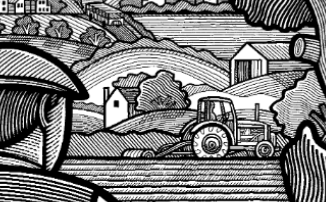
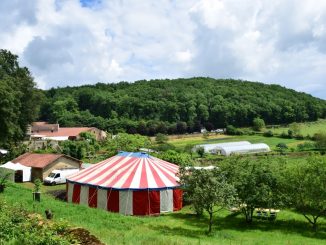
1 Trackback / Pingback
Comments are closed.